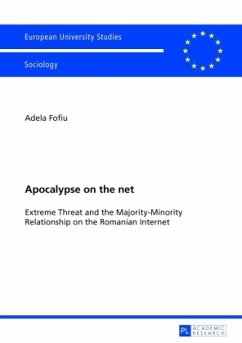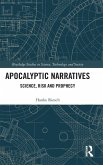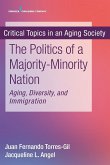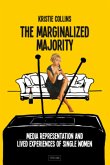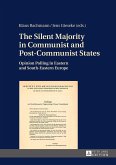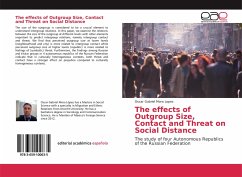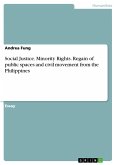The apocalypse can bring upon the world either termination, either change. By exploring how emotions, ethnic or national belonging and digital technologies work together in constructing an apocalypticizing national self, this book offers a complex analysis of far rightist apocalyptic narratives. Content analysis performed on the blog of the New Right, a far rightist organization from Romania, unveils a fascinating imaginary of fear and hate toward otherness, of strong beliefs that the world, our world, is ending through its transformation into something else - something that we know and, at the same time, do not know and loath. The social psychology of emotions, belonging and identity, the sociology of globalization and studies on cyberhate are intertwined into the exploration and interpretation of on-line apocalyptic narratives that imagine the Gypsification and Hungarization of Romania and the Islamization of Europe as irreversible change.
Bitte wählen Sie Ihr Anliegen aus.
Rechnungen
Retourenschein anfordern
Bestellstatus
Storno

